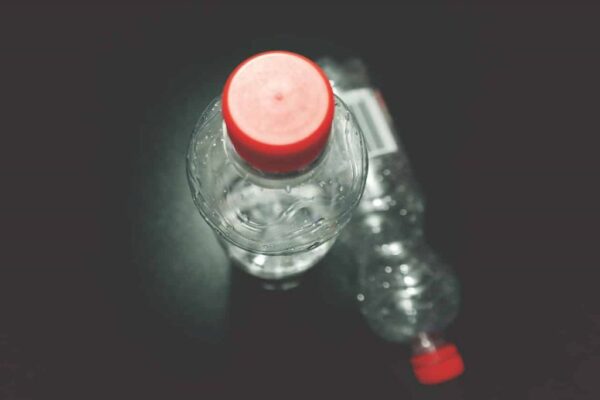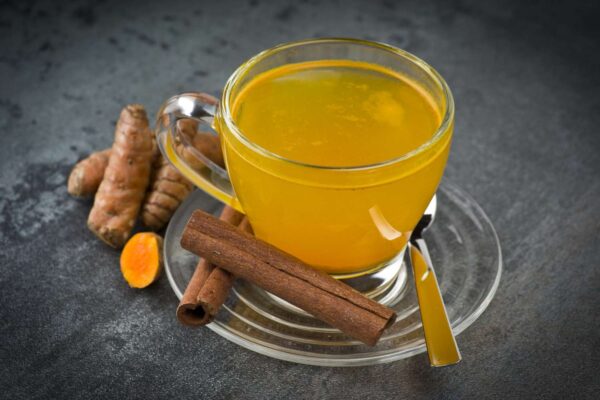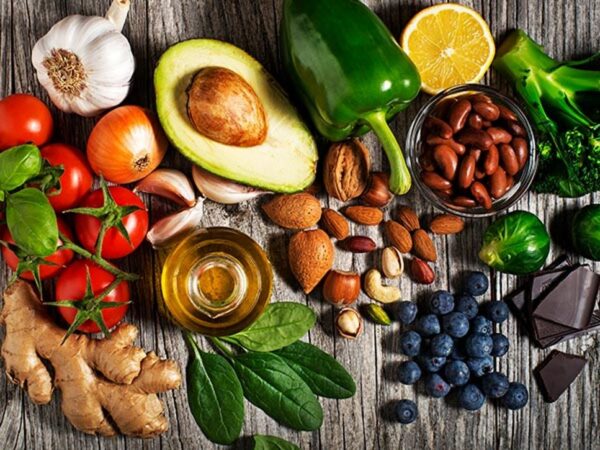Wellhealthorganic.com know why not to reuse plastic water bottles know its reason in Hindi: Many manufacturers design water bottles for single-use purposes, but for those who prioritize environmental concerns or require a quick container solution, the question arises: can these bottles be safely refilled? The safety of such reuse hinges on the type of plastic utilized in the bottle’s production.
Various plastics are commonly employed in water bottle manufacturing, each denoted by a number within a triangle on the packaging, indicating its type and potential for reuse. Three prevalent plastic types found in water bottles are:
- Polyethylene Terephthalate (PETE or PET): Identified by the number “1,” PETE is a lightweight plastic suitable for water bottles, as well as containers for sauces, nut butters, and other food items.
- High-Density Polyethylene (HDPE): Labeled with a “2,” HDPE is a sturdier and more durable plastic, often used in detergent bottles, soap containers, and large liquid storage.
- Other: Plastic materials falling under the category “7” are not covered by specific types. Some of these bottles may contain Bisphenol A (BPA), a chemical linked to disruptions in the endocrine system, prompting caution due to potential impacts on hormonal balance.
A common worry associated with reusing water bottles is chemical leaching, wherein chemicals from the plastic may mix with the liquid contained. However, with proper storage and the right plastic type, this concern is generally not applicable to single-use plastic bottles.
Also Read : wellhealthorganic.com simple ways to improve digestive system in hindi
Concerns by Plastic Type:
Type-1 Bottles (PET Plastics): The FDA deems PET plastics safe for both single and repeated use. While there is a risk of antimony leaching in high temperatures, proper storage minimizes this concern.
Type-2 Plastics (HDPE Plastics): Bottles marked with a “2” can be safely reused if well-washed and undamaged, posing a low risk of chemical leaching.
Type-7 Plastics: Not all “7” classified plastics contain BPA, but some do. Polycarbonate bottles fall under this category, and caution is advised due to the potential for BPA leaching.
Bacterial Growth Concerns:
The accumulation of harmful bacteria in plastic bottles is a more significant concern than chemical leaching. Bacterial growth can occur rapidly through everyday use, emphasizing the importance of washing bottles thoroughly to prevent the spread of germs.
Wear and tear from reuse can create surface cracks and scratches, providing additional spaces for bacterial growth. Considering these factors, individuals may opt for reusable stainless-steel or glass bottles, which are easy to clean, resist bacterial overgrowth, eliminate the risk of chemical leaching, and contribute positively to the environment.
Also Read : well health tips in hindi wellhealth
Conclusion
In conclusion Wellhealthorganic.com know why not to reuse plastic water bottles know its reason in Hindi, whether driven by convenience or environmental considerations, choosing a reusable stainless-steel or glass bottle is often a preferable alternative to reusing plastic water bottles.
FAQs About Wellhealthorganic.com know why not to reuse plastic water bottles know its reason in Hindi
Q1: Can I safely reuse plastic water bottles?
A: It depends on the type of plastic. PET plastics (Type-1) are considered safe for single and repeated use. HDPE plastics (Type-2) are also generally safe for reuse if properly washed and undamaged. However, caution is advised with Type-7 plastics, as some may contain BPA.
Q2: What is the risk of chemical leaching when reusing water bottles?
A: Chemical leaching occurs when chemicals from the plastic mix with the liquid. With proper storage and the right plastic type, such as PET plastics, the risk of chemical leaching is generally low for single-use plastic bottles.
Q3: How does bacterial growth impact reused plastic water bottles?
A: Bacterial growth is a more significant concern than chemical leaching. Touching the mouth to the bottle and leaving unfinished beverages at room temperature can lead to rapid bacterial growth. Thorough washing is essential to prevent the spread of germs.
Q4: Are all Type-7 plastics unsafe for reuse?
A: Not necessarily. While Type-7 plastics encompass various materials, including those with BPA, not all of them are unsafe. Polycarbonate bottles fall under Type-7 and may contain BPA, which has been linked to health concerns. It’s advisable to exercise caution and check for BPA content.
Q5: What are alternatives to reusing plastic water bottles?
A: Reusable stainless-steel or glass bottles are excellent alternatives. They are easy to clean, resist bacterial overgrowth, eliminate the risk of chemical leaching, and contribute positively to the environment. Choosing such alternatives is often recommended for those concerned about both safety and sustainability.





